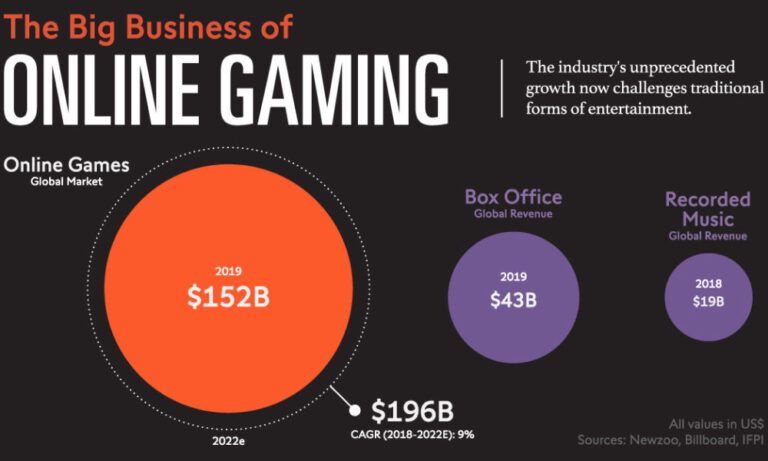
Warm up
—- * * FOR NEW STUDENTS ** ————————————— ————
- What industry do you work in and what is your role?
- What are your responses in your role / position?
- Can you describe to the function of your workplace / company?
- How many departments, how many offices. National or International?
- What are the minimum requirements for employment ie Education or Experience?
- How many opportunities are there to ‘move up the ladder’?
- What is the process for changing job roles ie Interview? Test?
————————————————– —— ——————————————– ——- —
General discussion about your workweek:
- Current projects? Deadlines? Opportunities?
- Anything of interest happening?
————————————————– —— ——————————————– ——–
Script
1. Last week it was reported that Google had to tell its employees that they couldn’t expense the snacks they were buying while working from home.
2. If you haven’t been paying attention to the tech industry in the last few years this announcement may require some context. Many of Silicon Valley’s biggest companies treat their employees to a lavish environment — plentiful free food, fitness centers, free massages, on-site classes in topics like cooking.
3. As you can probably imagine, the announcement that such perks could not be expensed in a WFH environment met with predictable derision on Twitter and elsewhere. Those poor entitled tech workers! I had similar feelings and so I was curious to see a few HR folks pushback on the backlash. Sure, it seems silly to expect a continuation of such perks in a world where millions of people have lost their jobs.
4. But it’s also understandable that workers who have come to expect such perks feel the loss of them and are resentful. So why have the kind of perks that lead to workers feeling entitled? Well, it’s because you have to stay competitive. Which left me thinking: Competing for who? What do these kinds of perks say about a company and its culture?
5. Many of the companies that provide these types of perks specifically do not offer the kinds of benefits that would appeal to working parents, especially working moms. Only 7% of companies offer on-site childcare. That compares with 32% that offer free food.
6. I actually get the business case for free food, especially in suburban office parks where “running out to grab lunch” could take more than an hour. But the exact same business case can be made for on-site child care!
7. Which benefits companies choose to invest in, and which ones they don’t, says a lot about that company’s culture. One of my favorite adages is “If you want to know what a company values, look at their budget.” This is especially true when it comes to the “extras” that companies use to lure talent. When I walk into a company that has a game room and beer on tap, but where leaving the office at 5 pm is clearly frowned upon, I think, “This is not the kind of place where many mothers would feel welcome.”
1. Have you ever worked for a company that given perks? What were they? Did you like it?
2. Do you think perks are necessary? Why?



